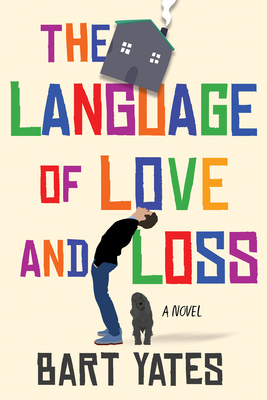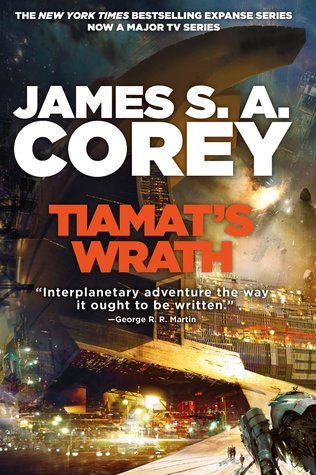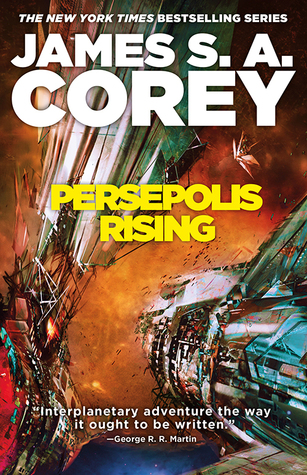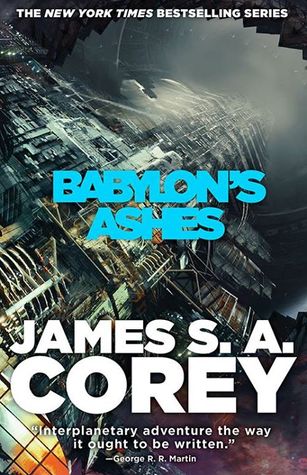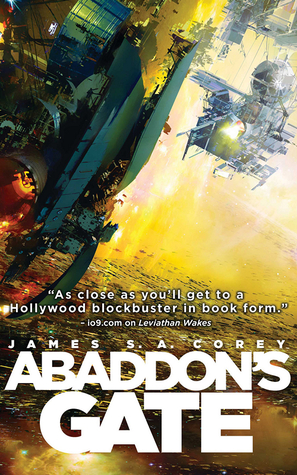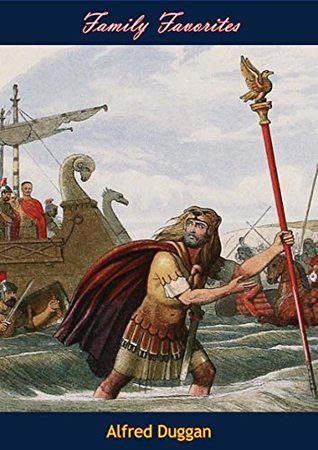
This novel was something of an unexpected gem. Duggan is an historical novelist from the 1950s and 60s, also an archaeologist, and maybe a bit of an odd duck. He was an Argentine raised in Britain by an upper class family. The novel tells the story of the strange Roman Emperor of the third century A.D., Elagabalus, referred to by his likely Roman name of Bassianus throughout the book. Bassianus was the only Roman emperor to have been made divine before his assumption of the Roman crown; he was the scion of Syrian priests of the god Elagabalus, and in the novel he identifies himself altogether with the god. The history alone is fascinating, but the book is a deft, neat, gorgeously written essay on loyalty, family dysfunction, and innocence. Duggan is a writer about whom I’d heard nothing, but his writing is incredibly precise and on the mark. He had the reputation for impeccable scholarship in his day. What’s most impressive about the writing is the ease with which it draws character and place and attitude, not with the belabored paragraphs of exposition to which so many historical writers resort. His writing is quick, sure, and convincing. Scholars are divided in nearly every way on the character of Elagabalus, in particular with his sexuality and gender – one British museum recently declared that Elagabalus was transgender, based on his own statements and the established fact that he wedded both women and men during his four year reign. Duggan simply presents his version of Elagabalus’s actions without any editorializing. If you are a fan of novels about Rome, this is a book that you ought to pursue. Duggan was a treasure and remains so.


